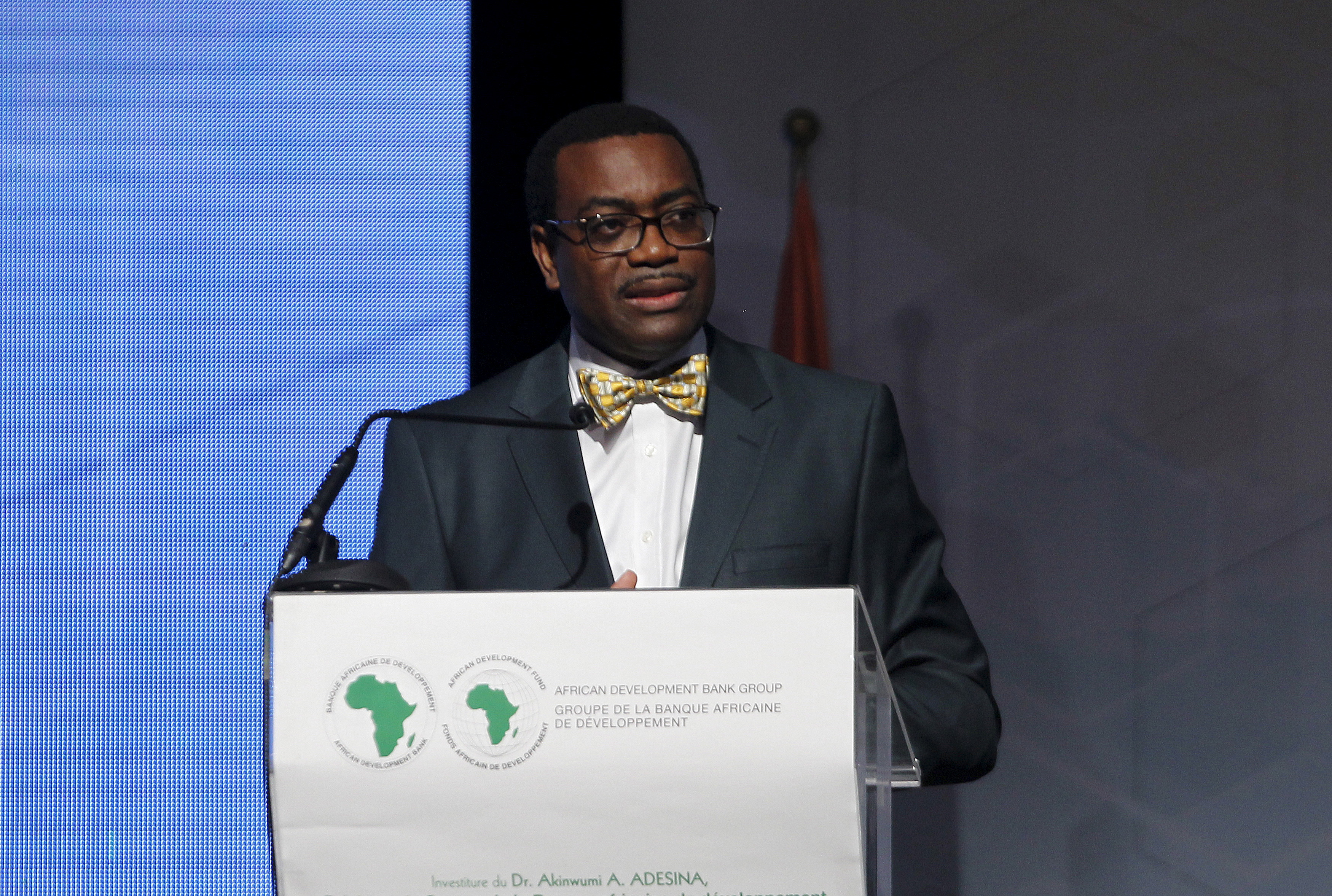Today’s agriculture is going to change as a result of the use of drones, artificial intelligence, automated tractors, robotics, and block-chains.
TechInAfrica – WASHINGTON, August 9, 2018/ — Akinwumi Adesina, the President of the African Development Bank Group (www.afdb.org) made a call for farmers all around Africa to introduce them the new technologies with a risk of a transformation of agriculture production. The decision made based on the positive results from government and the immediate need for the technology.

“There are already helpful technologies to support Africa’s green revolution but are mostly put aside. The problem is about the lack of supportive regulations to make sure that they fit millions of farmers,” Adesina stated as he was delivering his speech on the annual meeting of Agricultural and Applied Economics Association (AAEA) which was held on August 5, 2018, in Washington D.C, the United States.
He took the Nigeria case as an example, where he was the Minister of Agriculture of the country which led to the revolution of rice production in three years.
He then also added, “It only took political will which was supported by technology, science, as well as pragmatic policies… It’s like the case of rice that can also be said of numerous advanced technologies, containing high-yields of less water consuming maize, cassava varieties, animal, as well as fisheries technologies.”
The African Development Bank is working with the Alliance for a Green Revolution in Africa (AGRA) and the Bill and Melinda Gates Foundation in making the way to get this done. They mobilize US$ 1 billion to increase agricultural technologies throughout Africa under Technologies for African Agricultural Transformation (TAAT). It takes brave ways to take down the obstacles which hampering farmers from getting the latest seed varieties and technologies in order to make an improvement to their productivity.
The President remarked, “The agriculture that we know today will change as a result of the use of drones, automated tractors, robotics, block chains, and artificial intelligence.” He then added, “It seems that farmers in the future don’t have to work in the field using their own hands and energy. They will be sitting at homes and using drone computer applications to get everything done in the field. They only have to monitor and guide the applications and wait for the results.”

He also took the chance to advice African universities to focus their curriculum on agribusiness entrepreneurship to gain interest from the young generation and to support technology-driven farmers, and to turn theories into the application.
The African Development under Enable Youth initiative has been devoted to developing agribusiness and commercial farmers for the continent of Africa with the spent of US$ 300 million. Adesina said that the Bank’s resolution is to change Africa’s agriculture by promoting the wealth new sources.
The President of AAEA explained that Adesina and the African Bank Development demonstrate how to make a difference in people’s lives.
“Akinwumi Adesina is the best example of someone who uses applied economics to make a difference.” He said.
At the conference which was attended by 1,600 agricultural applied economists from around the world in 2018, Adesina remarked: “Africa has no reason to spend US$ 35 billion to import food from other countries. What’s needed is not only to increase farmers’ income and agricultural productivity with the right regulations but also to reduce the price for consumers.”
As the winner of World Food Prize in 2017, Adesina gives an advocate for SCPZs— large areas in rural areas for food manufacturing, agribusiness industries, as well as other- agro-allied industries, set applicable regulations and infrastructure.
“As industrial parks helped China’s economy, I am also sure that SCPZs will be able to improve rural areas’ economy and fight against poverty with the change of agricultural which is the primary source of their lives. It will become a profitable business that overcomes poverty as new sources of wealth.” He added.
The African Bank has begun their investment in some of the African countries, such as Ethiopia, Democratic Republic of Congo, Mozambique, and Togo. They make a plan to reach at least 5 countries within a few years. The Bank also invests US$ 24 billion for the 10 upcoming years as an implementation of Feed Africa Strategy and to change Africa’s agriculture.
 We just launched our WhatsApp channel. Want to get the latest news from the Tech in Africa?
We just launched our WhatsApp channel. Want to get the latest news from the Tech in Africa?


